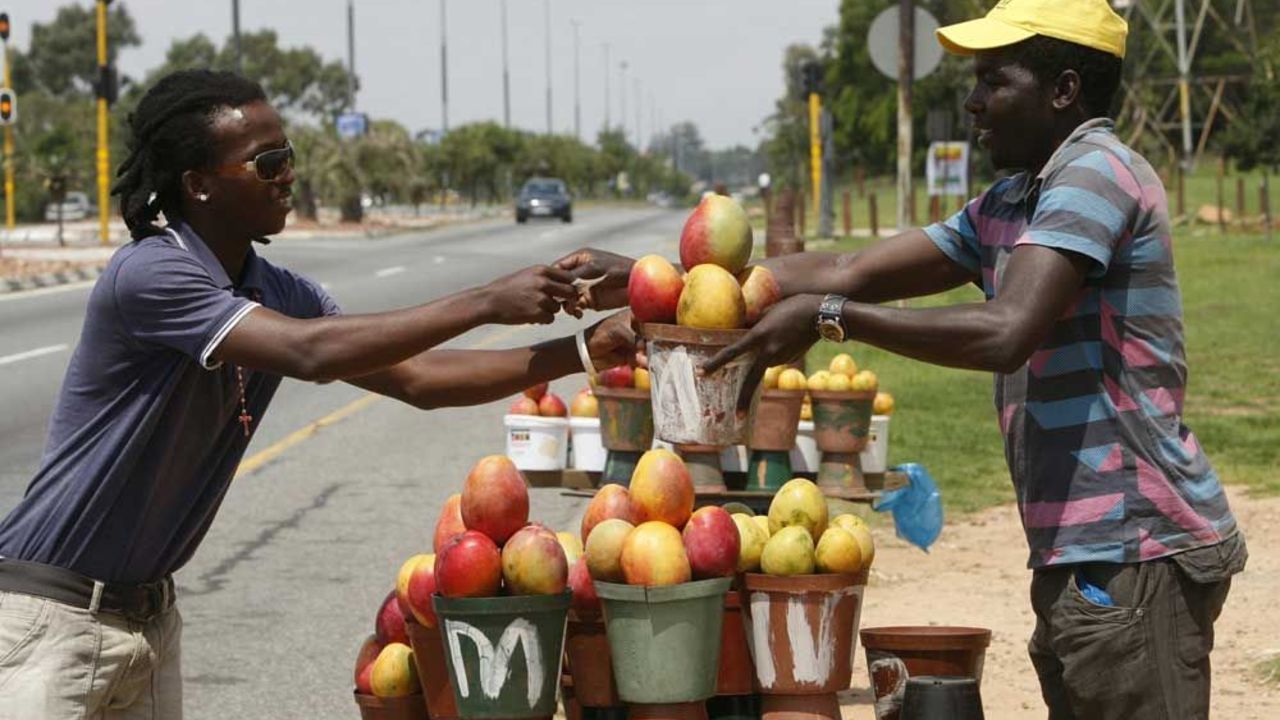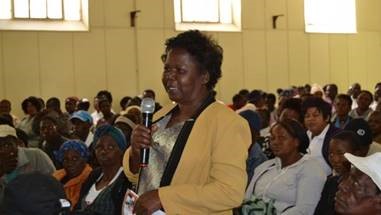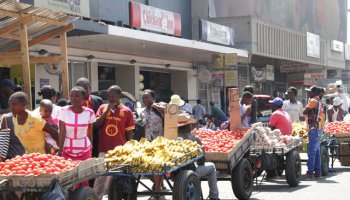
On Monday, July 30, Zimbabweans will head to the polls to cast their vote for their next president, as well as representatives in parliament and local government officials. This election is of particular importance, as it will be the first time that an election is occurring in Zimbabwe since independence in 1980 without former president Robert Mugabe on the ballot.
The historic election takes place in the midst of significant economic woes in Zimbabwe. The country is in the middle of a cash crisis and in desperate need of foreign investment. Banks have enacted daily USD cash withdrawal limits, some as low as $20 per person. Other payment options exist, but are more expensive. If an item costs $100 in USD, it costs $120 in local Zimbabwe bond notes, $145 in mobile phone payment, or $150 electronic bank transfer. Meanwhile, the country also faces a severe debt crisis, as well. Zimbabwe owes $2 billion in arrears to multilateral financial institutions, and the government ran a $225 million deficit in the first quarter of 2018. In an effort to attract foreign investment, the current president Emmerson Mnangagwa – who is running for reelection – has gone on an international campaign to re-brand Zimbabwe as “open for business.” He has painted himself and his policies in opposition to his predecessor Robert Mugabe, vowing free and fair elections, and making investor-friendly reforms such as relaxing the indigenization law that limited foreign ownership of local businesses to less than 50%.

These changes are good, but there are other economic issues in Zimbabwe that are quite significant but have received less attention. It is significantly difficult to start and run a business in Zimbabwe. The World Bank gives Zimbabwe a “Doing Business” ranking of only 159 out of 190 countries. Meanwhile, the country is ranked 180 for starting a business. As a result, much of Zimbabwe’s economic activity takes place in the informal sector. It is estimated that Zimbabwe has the second-largest informal economy in the world and the largest informal economy in Africa, comprising more than 60% of the country’s GDP. Though solid statistics are hard to come by, some estimate that as many as 95% of Zimbabweans work in the informal economy. And yet, surprisingly, this issue is often ignored. Many of the political parties’ manifestos don’t even mention the informal sector, and the two main parties (Zanu-PF and MDC Alliance) barely mention how they plan to address the issue. None of the parties appear to have any clear policy or idea about what to do with the informal economy.
When they aren’t being ignored, informal entrepreneurs are often disrespected and exploited by politicians for political purposes. Governed by outdated colonial laws that go as far back as 1968, informal entrepreneurs are often criminalized and harassed, despite the centrality they play in Zimbabwe’s economy. In Harare, for example, traders have been kicked out of the central business district and dumped into low-traffic areas where business is slow. In the rare instances that the informal economy is an issue on the table, the informal entrepreneurs aren’t being included at the table. Yet they are eager to sit at the table and engage politicians as the significant contributors to the economy that they are.

In the run up to the election, CIPE has been working with informal entrepreneurs to help make their voices heard. In collaboration with the Zimbabwe Chamber of Informal Economy Associations (ZCIEA), CIPE organized a series of five town hall meetings in Zimbabwe’s five largest cities to encourage engagement between informal entrepreneurs and local political candidates and national party representatives. Sometimes politicians listened to the informal entrepreneurs’ concerns. Other times, they proved their disrespect for this important constituency, such as when a parliamentarian candidate abruptly left the town hall when she realized that she wasn’t being paid to participate. “[She] has proven that she does not respect our concerns…and it is high time we have seriously committed and accountable political leaders who respect us enough to sit down and hear our concerns and bring the change we are in need of,” said one informal entrepreneur.
CIPE and ZCIEA are helping the informal entrepreneurs hold their politicians accountable by keeping track of politicians’ promises and reminding them of these promises after the elections. CIPE is also helping informal entrepreneurs develop policy recommendations for government that will allow them to flourish as businessmen and women, such as adequate provision of space, protection of property, assistance in formalization, and increased access to finance. If adopted, these reforms will benefit the country’s economy as a whole.
Such a democratic space to dialogue with politicians did not exist previously, during the Mugabe era. “It is a result of that democratic space that we’ve managed to do the town hall meetings, that we’ve managed to bring all these different political candidates and also tell them our demands,” says Wisborn Malaya, the Secretary General of ZCIEA.
But as politicians from all parties campaign for votes, they have been busy promising the world to Zimbabweans – from bullet trains to 1.5 million new houses – making promises they cannot keep and assuring Zimbabweans that all their economic woes will cease to exist after they are elected. Yet whoever wins after Monday’s vote will wake up on Tuesday to the same economic reality and face an incredibly difficult task of getting Zimbabwe’s economy back on track.
If Zimbabwe’s politicians want to fix the economy, they need to focus on much-needed economic reforms, not shiny projects. They must address Zimbabwe’s informal sector issues and help informal businesses move into formality. They need to create a business environment that not only encourages foreign investment, but also facilitates domestic investment and enables domestic businesses to thrive and grow. This will attract investment, expand Zimbabwe’s tax base, bring in more tax revenue to the government, and begin to grow the economy. As elections take place on Monday, it is only one step in Zimbabweans’ efforts to improve their economic well-being. Economic reform must take place after the election, the informal sector must be part of that reform effort, and informal entrepreneurs must be part of that conversation.
Ryan Musser is an Assistant Program Officer for Africa with CIPE.
Published Date: July 27, 2018
